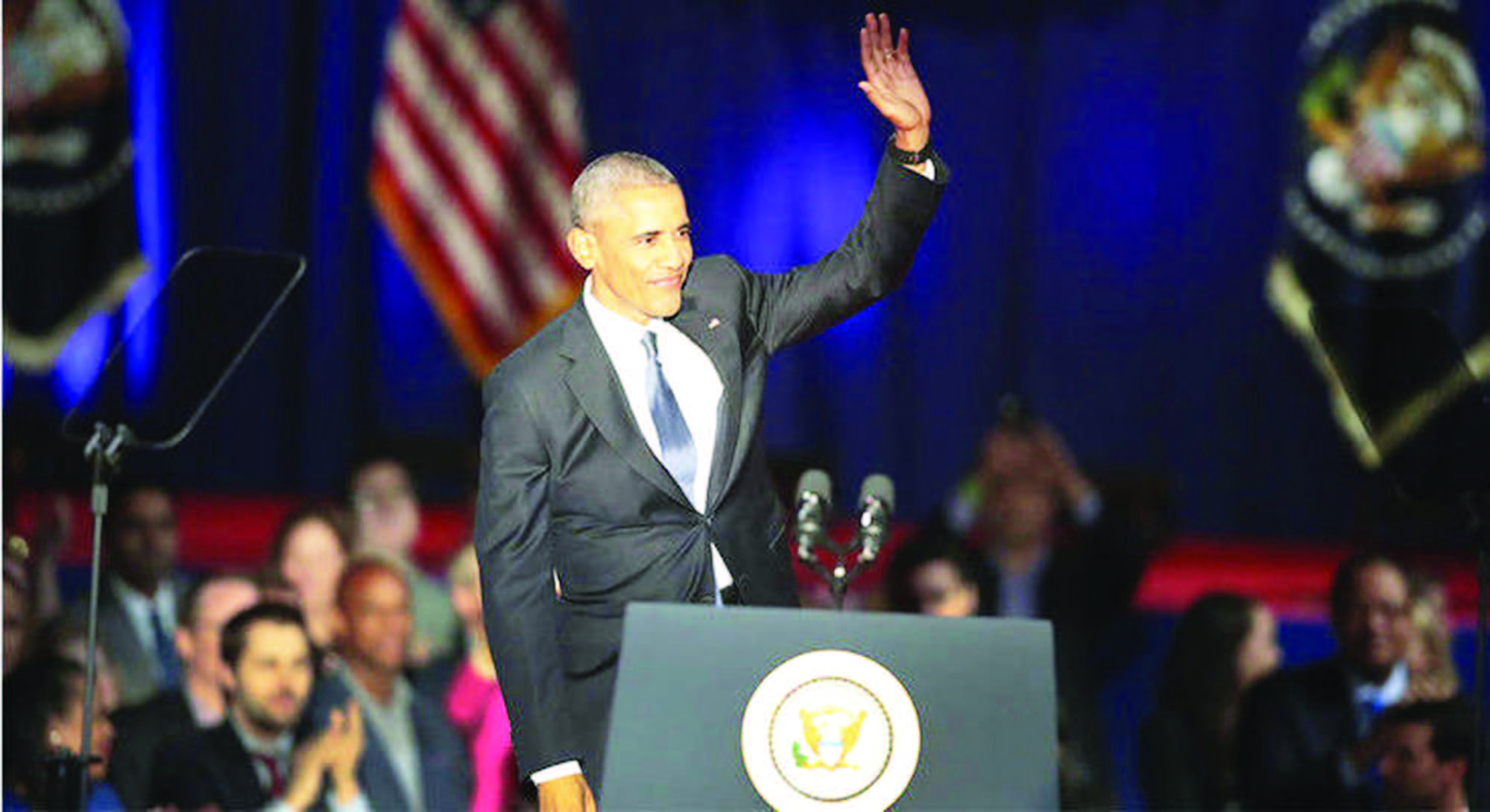
WASHINGTON (TIP): President Barack Obama authorized calling up military reservists for the US fight against Ebola in west Africa on October 16, as lawmakers criticized his administration’s efforts to contain the disease at home. Obama’s move came after lawmakers held a congressional hearing to probe the federal response to the virus. Amid criticism of perceived missteps by the administration, many House of Representatives members joined calls for a ban on travel from the hardest-hit West African countries: Liberia, Sierra Leone and Guinea.
Obama signed the executive order authorizing the use of US military reservists to support humanitarian aid efforts in those countries, highlighting the need to launch an all-out attack against the disease. The order did not specify how many personnel would be involved. A congressional hearing on Thursday came as concerns about the virus in the United States intensified after two Texas nurses who cared for Liberian patient Thomas Eric Duncan contracted the virus.
After the hearing, the White House said Obama met with top administration officials handling the government’s response to Ebola. News that one of the nurses, Amber Vinson, traveled aboard a commercial airliner while running a slight fever ratcheted up public health concerns on Wednesday, prompting several schools in Ohio and Texas to close because people with ties to the schools shared the flight with Vinson. The US National Institutes of Health (NIH) said it would take over the care of the first Texas nurse diagnosed with Ebola, Nina Pham, who contracted the virus while caring for Duncan, who later died.
Lawmakers focused questions and pointed criticism at the hearing on Dr. Thomas Frieden, director of the Centers for Disease Control and Prevention. “The administration did not act fast enough in responding in Texas,” Democratic Representative Bruce Braley of Iowa told the hearing. “We need to look at all the options available to keep our families safe and move quickly and responsibly to make any necessary changes at airports.” Several Republicans said flights from west Africa, where the virus is widespread, should be stopped. Ebola has killed nearly 4,500 people in West Africa, predominantly in Sierra Leone, Liberia and Guinea, since March.
On Thursday, Sierra Leone’s government said the virus had spread to the last healthy district in the country, killing at least two people. The virus is spread through direct contact with bodily fluids from an infected person showing symptoms of Ebola. Frieden argued, as he has before, that closing US borders would not work and would leave the country less able to track people with Ebola entering. Moreover, cutting flights to Africa would hit the US ability to stop the virus at its source, he said.
His comments came before it was announced that Obama had sent a letter to leaders of Congress saying an unspecified number of reservists would be used to help active-duty personnel in support of the US Ebola mission in West Africa. The vast majority of engineers, transport units, civil affairs personnel, military police and medical units are in the reserves or National Guard. Frieden told the hearing, “I will tell you, as director of the CDC, one of the things I fear about Ebola is that it could spread more widely in Africa.
If that were to happen, it could become a threat to our health system and the healthcare we give for a long time to come.” Frieden said he has spoken to the White House about the issue of dealing with people traveling with Ebola. Asked if the White House had ruled out a travel ban, the CDC chief did not answer directly, saying, “I can’t speak for the White House.” However, Federal Aviation Administration chief Michael Huerta told reporters separately that the government was assessing whether to issue a travel ban “on a day-to-day basis.”




Be the first to comment